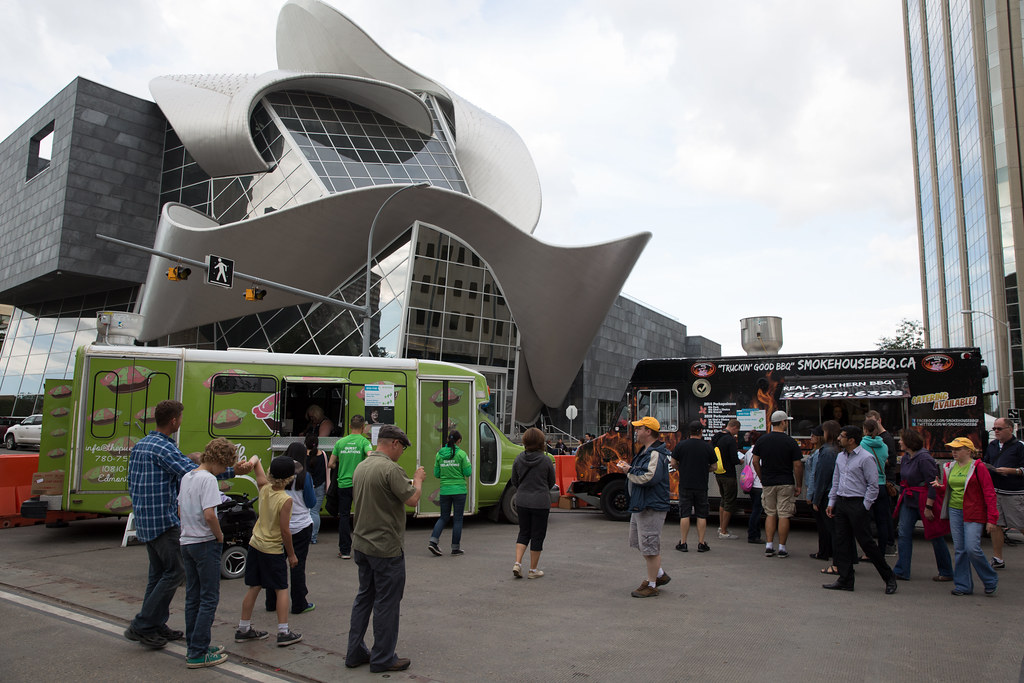
As inflation rises and pandemic supports ebb, food insecurity grows
By
Brett McKay
Food insecurity is again on the rise in Edmonton, and now providers and people in need are without the government supports that helped them cope with demand during the pandemic.
"We hear from any agency we work with that demand is up, and they're asking for more," said Cory Rianson, executive director of the Leftovers Foundation, an organization that connects agencies and donors to redirect food and prevent food waste. "We have agencies waiting in every city we're in, so we have by far more requests for food than we are able to manage. And that only seems to be going up."
Tamisan Bencz-Knight, manager of strategic relationships and partnerships for Edmonton's Food Bank, said that she has also noticed more requests for assistance since the spring, but said it was unclear yet whether this would be a blip or a longer trend.
The rate of food inflation is the highest it has been since Edmonton's Food Bank opened 41 years ago. On average, Canadians are now paying 9.8% more for groceries than they did last year, with inflation, shortages, supply-chain issues, and retail markups that some have called "profiteering" all hitting consumers.
"The cost of food is rising to levels not seen in generations, and this means that more people in our community are being stretched to consider whether to pay their rent or heating bill, or buy food," Michael Capus, chairperson of Edmonton's Food Bank, said in the organization's annual report.
During the pandemic, food banks received additional funding from the federal government and the province to assist with increased demand. The Canada Emergency Response Benefit (CERB) program kept many out-of-work Canadians from ever having to use a food bank. Those grants and supports have now dried up, but the need for them hasn't gone away.
"We're still seeing relatively high demand and high need in community because we have moved on to the inflationary pressures right now. But even outside of those inflationary pressures, the economic damage of COVID still exists," said Rianson, who also sits on the board of Food Banks Alberta and was previously the executive director of a food bank. "And I think (for) people who were precariously employed, or struggling, or who took on debt, or whose financial situation was affected through COVID, there aren't those same supports because the consensus is the emergency is gone. But you have the lasting ramifications of that event."





